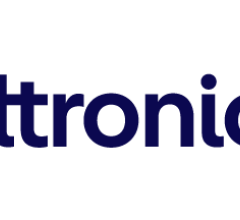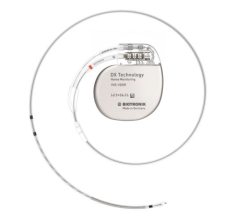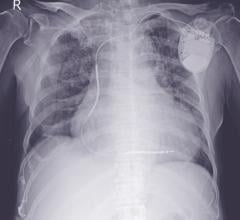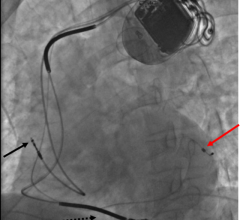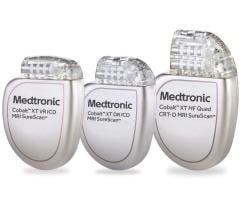June 28, 2007 - Patients who receive implantable cardiac defibrillators (ICD) have a better survival rate than their counterparts who do not undergo ICD implantation, according to a study by Canadian researchers published in the June 26th issue of the Journal of the American College of Cardiology (J Am Coll Cardiol 2007;49:2408-2415).
The study tracked 2,467 ICD recipients and their comorbidities for three years prior to implantation. The major factors that reduced survival in ICD recipients were age, previous heart failure and noncardiac comorbidities, according to the report. Mortality rates at one year were 7.8 percent and 14 percent at two years. Recipients 65 to 74 years had a higher hazard ratio, 2.05, compared to younger recipients. Nearly half (46.2 percent) of the recipients had previous heart failure, greatly increasing their risk of death by a hazard ratio of 2.33.
"Heart failure was a common condition in ICD recipients, and was the only cardiac condition that affected survival. Optimizing heart failure care in ICD recipients may improve future survival outcomes," said lead investigator, Douglas S. Lee, M.D., University Health Network, Toronto. "The presence of noncardiac comorbidities may contribute to patient selection for ICDs in the future."
For more information: www.acc.org/media/media_journals.htm


 January 13, 2026
January 13, 2026 

